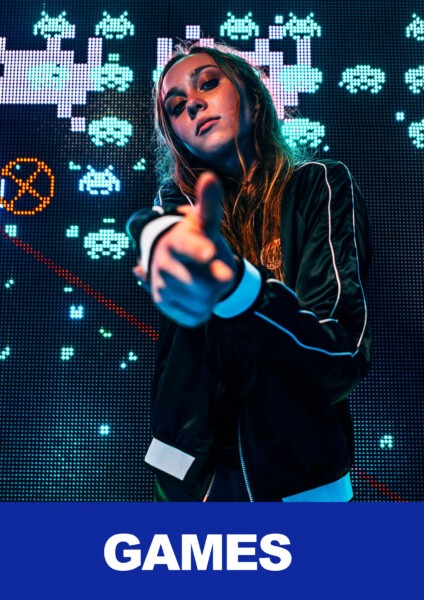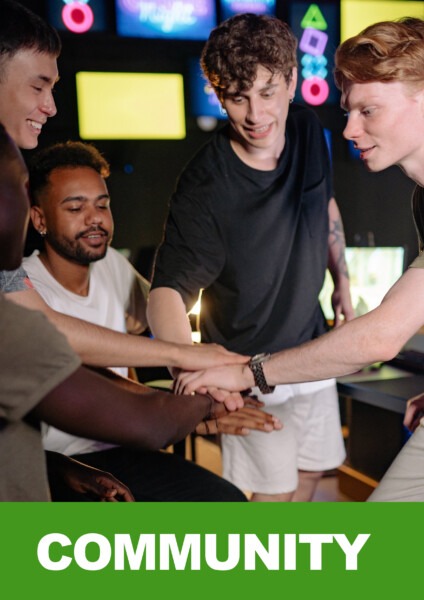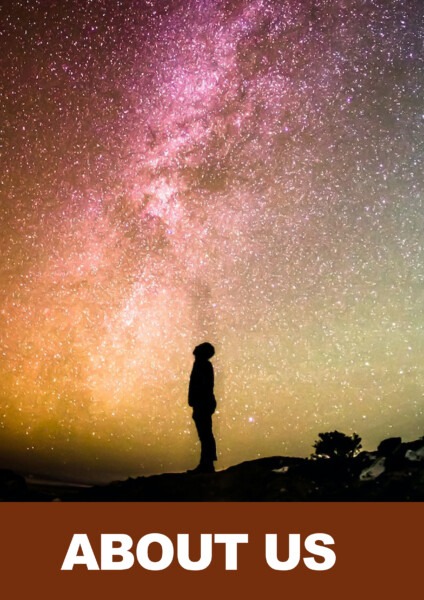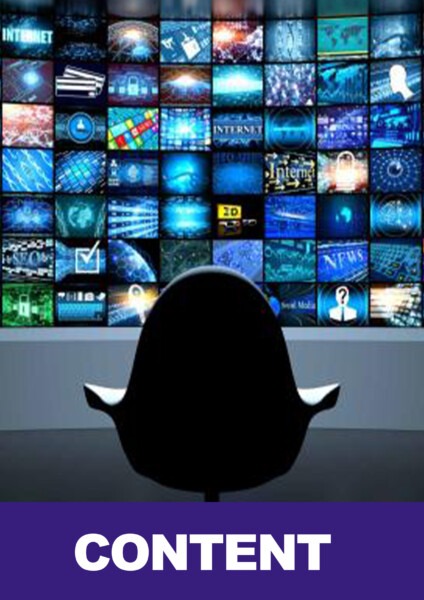The year 2023 has seen remarkable strides in the tech realm, especially within artificial intelligence. Despite ongoing AI research for decades,
it was in 2022 that the public witnessed a significant breakthrough.
San Francisco-based AI startup OpenAI introduced its AI chatbot on November 30, 2022, a pivotal moment in modern AI advancements, marking the official launch of ChatGPT.
This launch was hailed as an extraordinary creation for humanity, much like the internet or microprocessor. Yet, as with any novel technology, the AI chatbot faced initial skepticism, some apprehension, and eventual acceptance.
ChatGPT, short for Chat Generative Pre-trained Transformer, was crafted on GPT-3.5, OpenAI’s unique language model. Initially, it was released as a freely accessible research preview, brought to life by a dedicated team of researchers and engineers who collaborated over several years.
As ChatGPT celebrates its rapid ascent to over 100 million users within its first year, let’s explore the high and low points of this groundbreaking technology.
OpenAI introduced ChatGPT to the world, an AI chatbot capable of generating human-like responses to nearly any query. This generative AI, unlike other models, generates content rather than solely analyzing existing data. Within five days of its launch, OpenAI’s creation attracted close to 1 million users.
Leading up to ChatGPT’s release, generative AI dominated discussions in Silicon Valley, with OpenAI at the forefront. The company gained recognition after unveiling DALL-E, a text-to-image model, in January 2021. Established in 2015 by Sam Altman and Elon Musk (who later shifted focus to Tesla in February 2018 while remaining a donor and advisor for a time), OpenAI’s original goal was to “advance digital intelligence for the benefit of humanity.” Eventually, the organization transitioned from a non-profit to a ‘capped’ for-profit model.
Aware of past controversies like Microsoft’s Tay chatbot and Meta’s Blender Bot, which produced controversial responses and misinformation,
OpenAI incorporated a Moderation API. This system helps identify content against the company’s moderation policies. Described as a conversational model, ChatGPT initially operated with data up to September 2021, subsequently seeing this limitation reduced.
ChatGPT’s remarkable capabilities astonished the world. Despite concerns regarding job displacement, the chatbot was widely accepted as an efficient human assistant. It redefined machine learning, showcasing machines’ ability to comprehend complex human languages and engage in interactions.
Shortly after its launch, social media buzzed with users sharing ChatGPT’s diverse capabilities. From crafting compelling essays and aiding in travel planning to generating creative concepts and coding assistance, the chatbot became a hot topic online. In February, ChatGPT made history by reaching 100 million users within just two months, a feat that took other platforms much longer to achieve.
The GPT series commenced in 2018 with GPT-1, progressed to GPT-2 in 2018 (with 1.5 billion parameters), and then to GPT-3 in 2020 (with 175 billion parameters), which was later introduced as ChatGPT in November 2022.
ChatGPT was put to diverse uses, even generating essays and attempting exams, succeeding in some, such as the Wharton MBA Exam and US Medical licensing exam, while falling short in others, like the UPSC exam.
GPT-4 debuted on March 14, 2023, presenting advancements by adapting to specific tones, emotions, and writing genres. It showcased capabilities in code generation, image processing, and interpreting multiple languages, supporting 26 languages at launch.
The astounding success of ChatGPT prompted OpenAI to launch the iOS app in May 2023, followed by the Android version in July. In February 2023,
the company rolled out its pilot subscription plan, ChatGPT Plus, priced at $20 per month.













